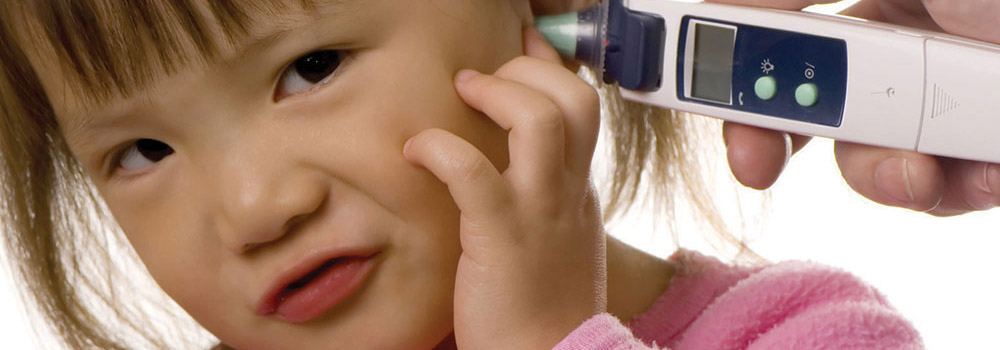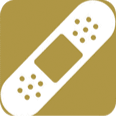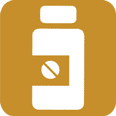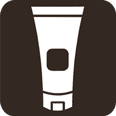-
Concern
-
Service
-
What to do?
-
Self Care
The best choice to treat very minor illnesses, ailments and injuries.
-
Grazed knee
Sore throat
Coughs and colds(runny nose)
-
Keep a well-stocked medicine cabinet. You can treat minor illnesses and injuries at home by using the recommended medicines and making sure your child gets plenty of rest. www.nhs.uk
-
NHS 111
For 24 hour health advice and information.
-
As a parent:
If your child is unwell
If you are unsure/confused
If you need help
-
Call 111 when it is less urgent than 999
www.nhs.uk/111
-
Pharmacist
Can provide expert advice and treatment for common illnesses and injuries.
-
Mild diarrhoea
Mild skin irritations (including
spots/rash)
Mild fever
Headaches
Bites and stings
Painful cough
-
To find your local pharmacy and its contact details visit: www.nhs.uk/chemist
-
GP/out-of-hours GP
For care outside normal hours,
ring your GP practice. When it is closed, a message will direct you to extended hours or out-of-hours services.
-
High temperature
Head injuries not involving loss of consciousness
Persistent cough
Minor bumps and cuts
Dehydrated
Vomiting
-
For the treatment of illnesses and injuries that will not go away. Your doctor can provide a range of services by appointment. Make a note of your GP’s (family doctor) telephone number.
-
Walk-in centre/
Urgent care centre
-
Severe pain
Worsening health conditions
-
Use for urgent, but not life-threatening situations.
-
A&E/999
Should only be used for serious and life-threatening emergencies.
-
Choking
Breathing difficulties
Loss of consciousness
Fitting
Severe bleeding that cannot be stopped
Fever and they’re lethargic
Swallowed poison or tablets
-
Call 999 or take your child to your nearest A&E.






